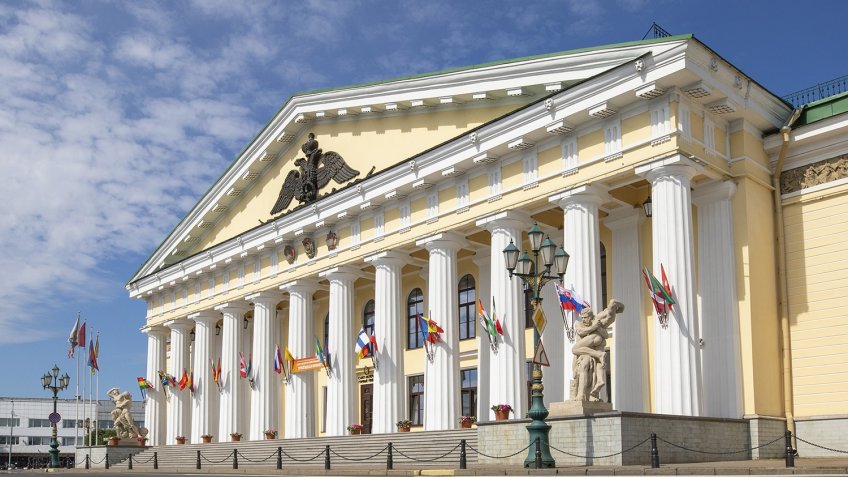
What is the job of the Special Forces? Quickly and, most importantly, to effectively carry out operations "with little blood on foreign territory". Palladium is capable of such a blow to the gold.
It is as simple as that. Only two percent of this light platinum is enough to make the ginger, stainless equivalent of human greed lose its color forever; and turn into white gold instead. And, oddly enough, this ability of element 46 of the Mendeleev Table is encoded in its name.
Athena is one of the most aggressive Greek goddesses. She had a difficult childhood: her father Zeus swallowed her mother and a warrior daughter appeared... not from a woman's womb, but from a man's beard instead. And even more strange, with a helmet and a spear. She was brought up in a foreign family where she managed to unintentionally kill her milk sister Pallada. As an apology, she took her name as her second.
Being offended by Paris, the Trojan prince, who recognized Aphrodite as the most beautiful woman on Olympus, she practically unleashed the Trojan War. In this city in Asia Minor was kept "palladium" - a wooden image of the goddess, which had miraculous effects. As Ovid writes, it was this amulet that made Troy impregnable:
"You guard the goddess of heaven, she will guard the city;
Wherever she is, there shall be supreme power..."
At the instigation of Pallas, her paladin Odysseus stole the rarity. In gratitude for this, it was she who gave the cunning Greek the idea of a wooden horse as a gift to the city, in which a group of Danites hid. In history it is considered the first sabotage operation, which, incidentally, was studied by such wolfhounds as Pavel Sudoplatov, master of special operations, and Ilya Starinov, "the grandfather of Russian special forces".
Surprisingly, the pagan Pallada is directly related not only to the Greek capital, but also to the city named after the Christian apostle Peter. The etymology of Athens is clear: in a dispute with Poseidon, who offered the city of Attica a salty fountain, the goddess won by giving the people an olive tree. But, it would seem, what does she have to do with the city on the Neva?
In 1502 in Padua, Italy, a boy named Andrea di Pietro da Padova was born, who later became a world-renowned architect under the pseudonym Andrea Palladio. The Renaissance was imbued with the spirit of antiquity and, taking the temples of Athens, the Parthenon, as an example, the master gave the world the recognizable appearance of buildings - the portico with real or fake columns. In St. Petersburg these are the Admiralty, the Stock Exchange on the Spit of Vasilevsky Island, the Synod and the Senate, the Academy of Sciences and the Mining University.
By the way, the Mining Museum has samples of ores from the largest palladium deposit on earth in the Norilsk ore district. The platinum-copper-nickel ores are mined and developed by MMC Norilsk Nickel.
Nornickel's commercial products are palladium ingots that meet the London Platinum and Palladium Market (LPPM) Good Delivery List certification. Weights from 32,150 to 192,904 troy ounces (from 1 to 6 kg); proof not lower than 999.5.
In the sectoral structure of industrial consumption of palladium in 2020, the main volume is in the automotive industry, where it is used for the manufacture of catalytic converters of exhaust gases of gasoline engines (82%); the rest is in the electronics (7%), chemical catalysts (5%), dental alloys (3%), and jewelry industry (2%).
The main palladium consumption centers in 2020 were China (31%) and North America (20%), Europe (18%) and Japan (11%); while the rest of the world accounted for 20%.


